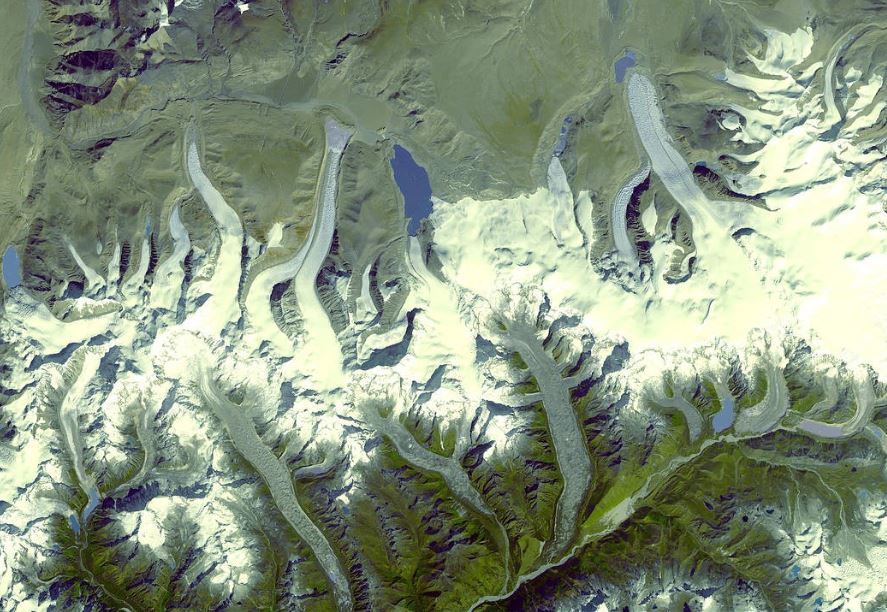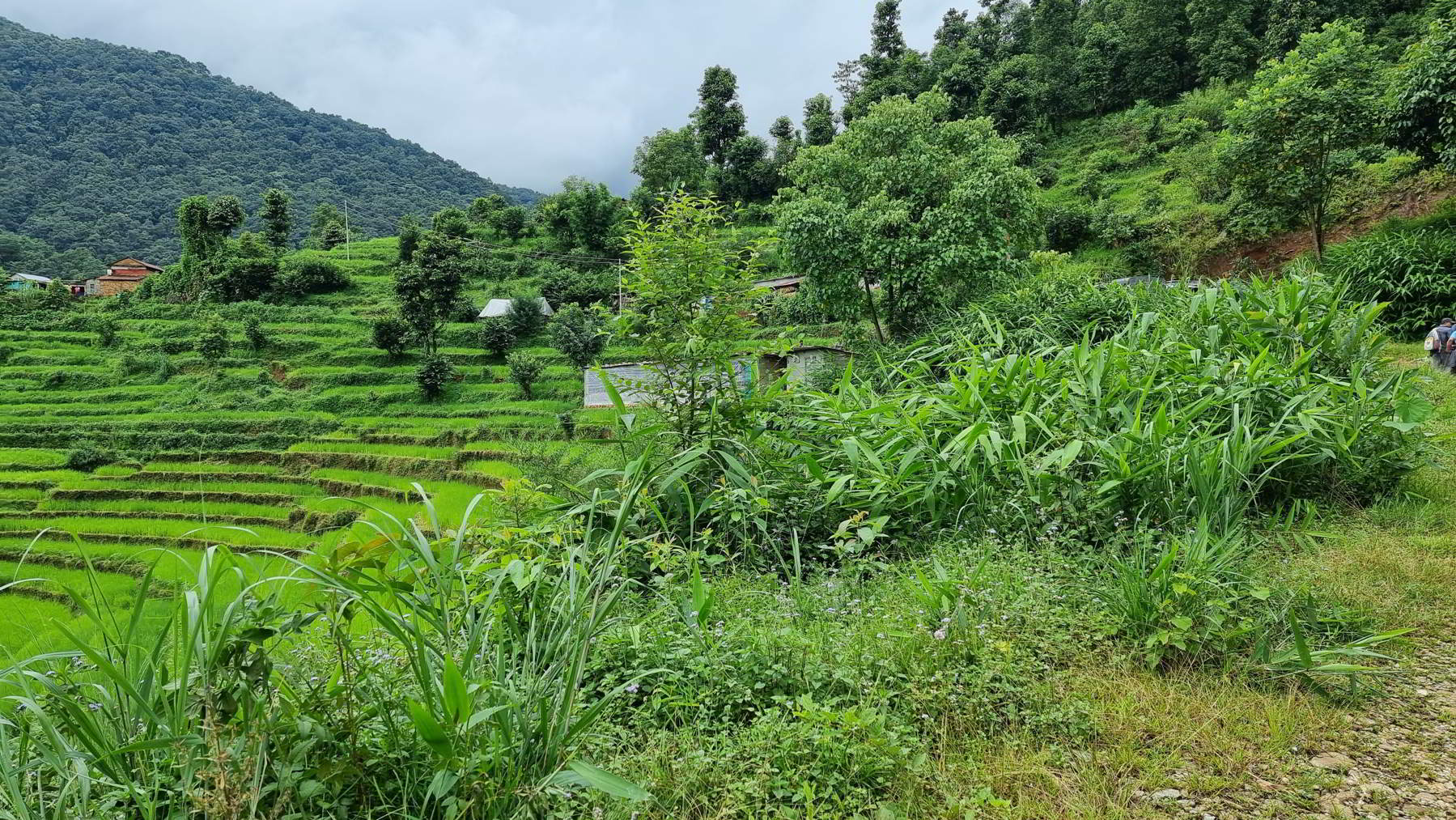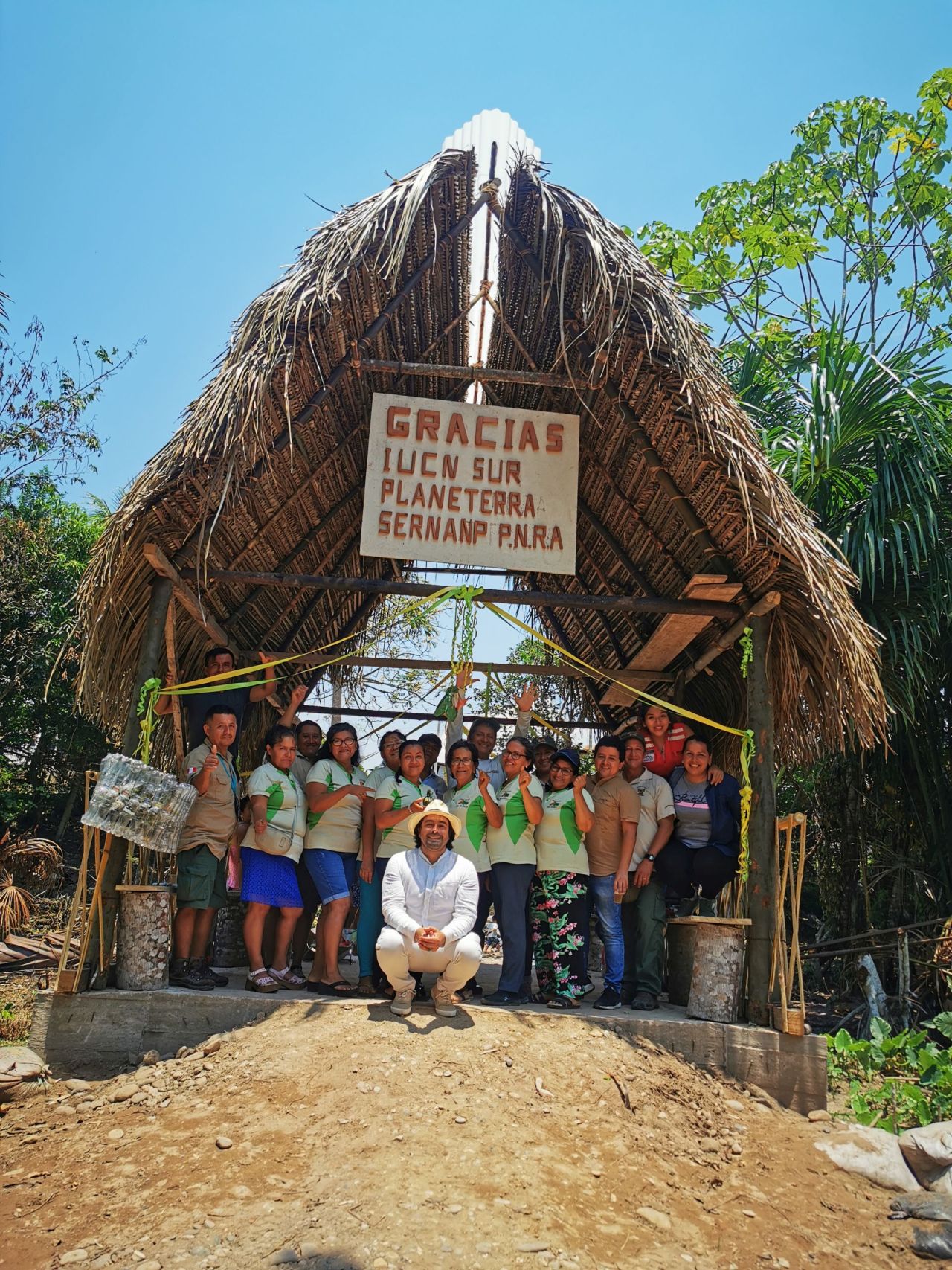Community-led Action Plans benefiting 182 families, and Training on Ecotourism Products as part of the main strategies for a post-COVID recovery in Peru
IUCN and their implementing partner Planeterra developed, together with 10 communities of 2 protected areas, their first Action Plans on Tourism and started training on Ecotourism Products.
One of the most important phases of the project, "Sustainable Tourism and Protected Areas in a Post-COVID World” has been the development of two community-led Action Plans during March and June 2022.
This participatory process allowed the 10 communities, from Amarakaeri Communal Reserve and Río Abiseo National Park, to identify a common vision linked to tourism in their own territories, and to determine concrete actions that will allow them to achieve that vision. Making these tools an essential step to foster endogenous change and growth in economic, cultural and environmental terms in the short and medium term.
To start their change process, one of the key elements is the Cash for Work scheme, which is the project mechanism to finance the construction of facilities and the infrastructure that each community prioritized in their Action Plans. In Río Abiseo and Amarakaeri, these facilities include tourist trail bridges renovation, the implementation of a restaurant, a reception house for visitors, a tourist viewpoint and accessibility trails, among others.
With the Cash for Work scheme, we aim to positively impact 107 families in Río Abiseo and 75 families in Amarakaeri, not only by purchasing the materials needed for the construction of the facilities, mentioned before, that will host tourism and other activities, but also by providing local employment opportunities for their respective construction.
The success of this process, and its continuation, is based on the participation of local managers: the local offices from the protected areas of Río Abiseo and Amarakaeri of the SERNANP, which is the Peruvian National Service for Natural Areas Protected by the State and the Amarakaeri Administration Contract Executor (also known by its acronym in Spanish, ECA), who joined the development workshops and socialization process.
In addition, between June 10 and 21, 2022, the project began with training sessions in the elaboration of ´Ecotourism Itineraries and Products´ in five communities of the Río Abiseo National Park, which brought 145 participants together.
The purpose of these training sessions, developed in collaboration with IUCN, were to assess and build specific skills based on the following aspects:
● Ecotourism and its different types of experiences: Given that the communities of the Río Abiseo National Park are beginning to venture into tourism along with the project, the different opportunities for initiatives and their connection with conservation were pointed out in each session.
● Tourism Product Development based on local itineraries and unique selling proposition: In order to create tourism products based on the local context and market opportunity, the itineraries were built as their first introduction to the tourist operation in the destination. These itineraries, moreover, were based on a single proposal, allowing every community to benefit from tourism.
● In-field technical visits: The training sessions included technical visits to the main attractions of the communities and participation in tourist activities identified by the project as their best potential. These visits were based on technical tools that made it possible to measure their potential in relation to their territory and the conditions of the tourist destination itself.
● Practical participatory workshops to determine the itineraries and their costs: All sessions were actively participatory, through dynamics and joint workshops. The resulting tourism products are therefore a tool that includes the experience and expectations of the people and the experience and tools of the project.
● Product communication management for visitor engagement: The training sessions were also part of a process of close communication with local stakeholders (such as SERNANP), allowing these tourist products to also connect with the progress of each Protected Area.
The training sessions were planned to take into consideration the communities’ state of development, needs and potential, which made this process a key step towards their initiation into the local and regional industry of sustainable and responsible tourism.
Now, these five communities from Río Abiseo have their own specific itineraries, including costs, people, and traditional activities, making their products an interesting option for local and regional tour operators to include in their tourist proposals and destination positioning.
For more information, please contact Stephanie Arellano, IUCN Sur Programme Officer for Biodiversity Management - stephanie.Arellano@iucn.org; Richard Bazán, Planeterra Community Tourism Project Manager - rbazan@planeterra.org and/ or y/o María Fernanda Burneo - Communicator of Protected Areas Projects: maria.burneo@iucn.org



